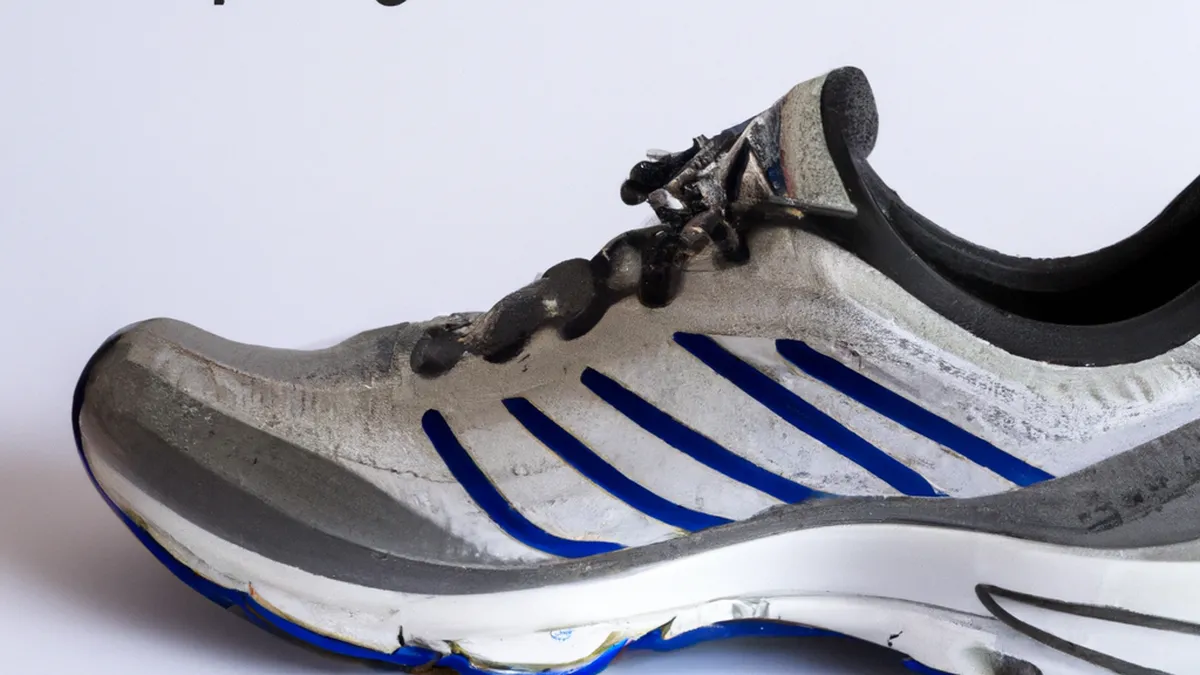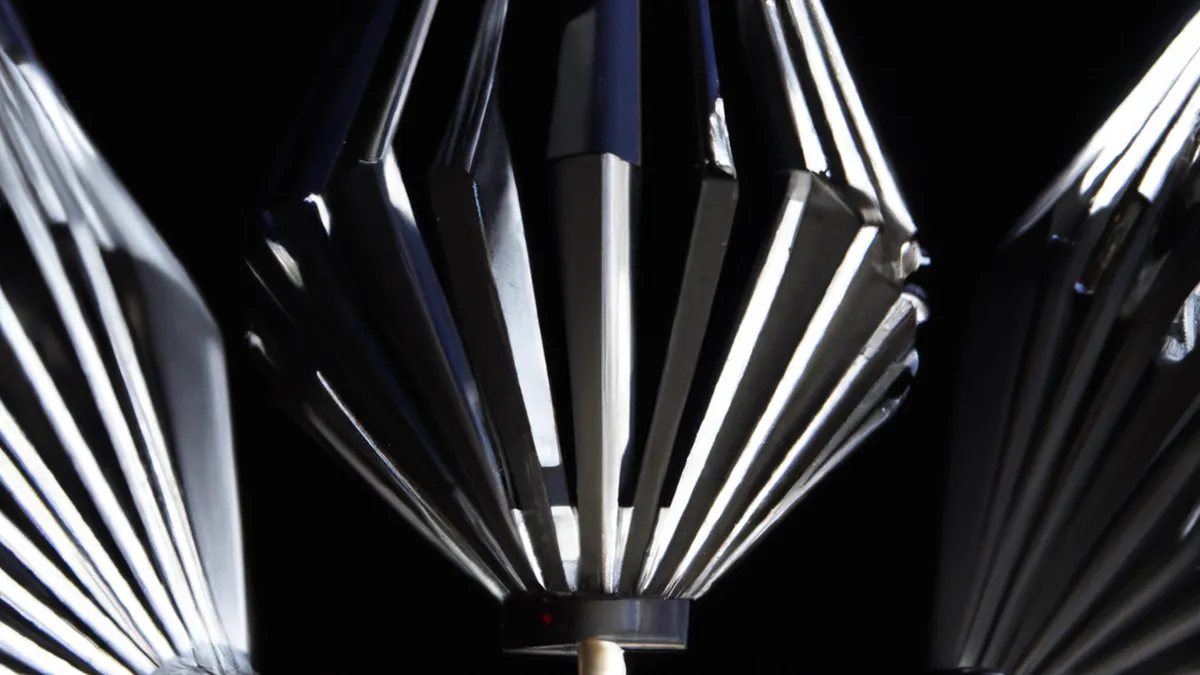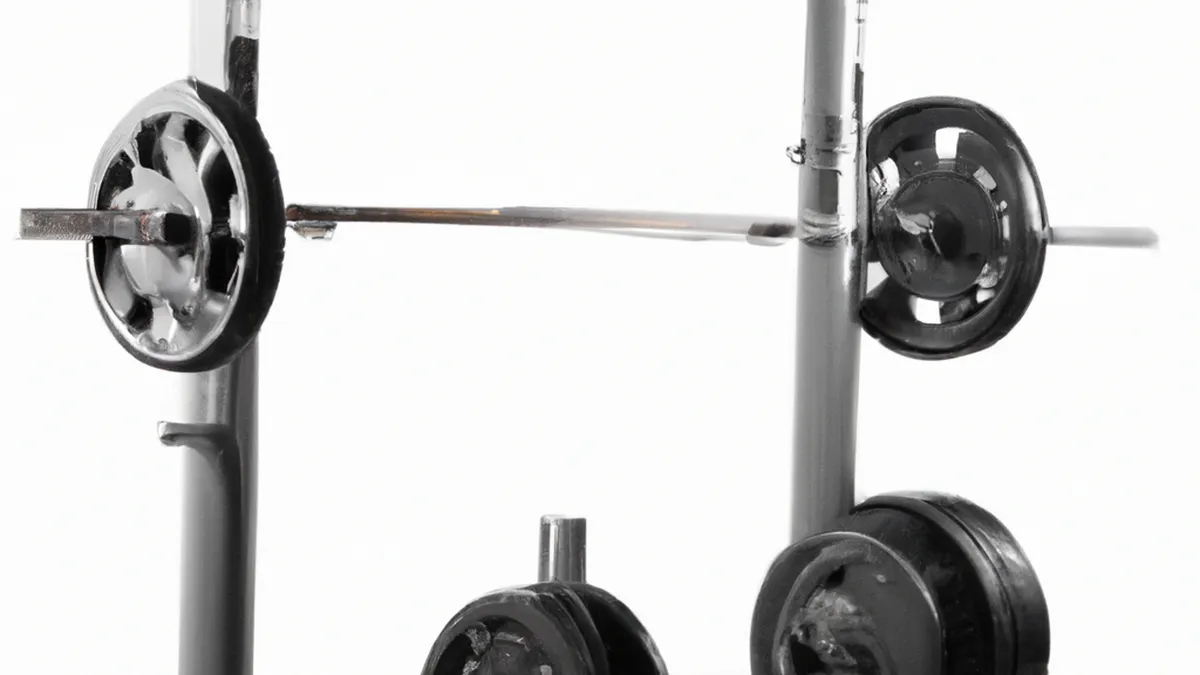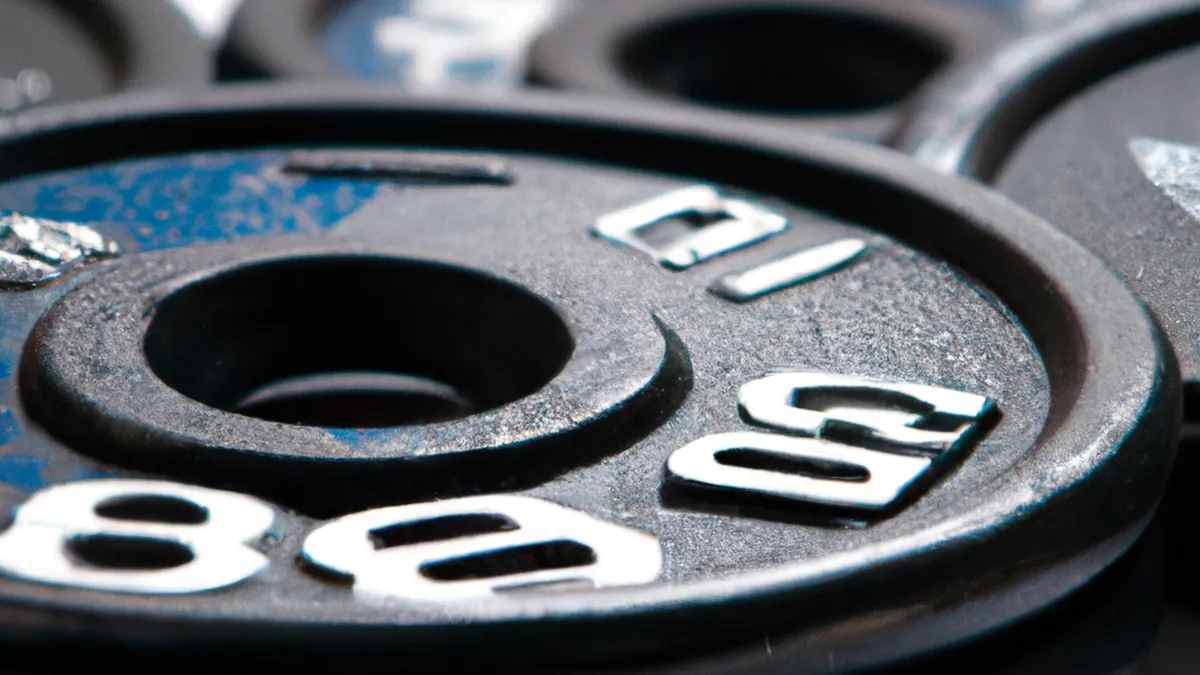Lighter Shoes, Faster Times: A Study
The Impact of Shoe Weight on Race Performance in Marathon Runners
Choosing the right shoes significantly affects a marathon runner’s performance. Many runners prioritize fit, cushioning, and style. However, shoe weight often gets overlooked. This blog explores shoe weight’s impact on race performance and offers tips for optimal selection.
Understanding Shoe Weight
Shoe weight significantly influences running efficiency. Heavy shoes cause fatigue, while lighter options enhance speed. Runners often ask how much weight matters during a marathon. Research shows that every ounce counts. Lighter shoes improve race times by reducing energy expenditure per step.
The Science Behind Shoe Weight
Studies show that heavier shoes increase the metabolic cost of running. Runners expend more energy with each stride in heavy footwear. Lighter shoes promote more efficient movement, resulting in faster times and less fatigue. A Journal of Sports Sciences study suggests each extra 100 grams (about 3.5 ounces) could slow performance by 1-2 seconds per kilometer. This statistic emphasizes shoe weight’s importance in long-distance races.
Runner Preferences
Many elite runners prefer lightweight shoes. They train and race in models weighing less than 8 ounces. Successful marathoners often wear shoes that prioritize minimal weight while offering support and cushioning. Casual runners may prioritize comfort over weight. Finding the right balance for your body and running style is essential.
The Psychological Aspect of Shoe Weight
Shoe weight impacts runners psychologically. Many runners feel faster and more efficient in lighter shoes. This perception boosts confidence, enhancing performance. Conversely, heavy shoes create a mental barrier, making runners feel sluggish. This psychological factor is as crucial as the physical benefits of lighter footwear.
Tips for Choosing the Right Shoe Weight
When selecting marathon running shoes, consider these tips:
1. **Know Your Running Style**: Identify if you are a forefoot, midfoot, or heel striker. This knowledge helps determine the best shoe type. Different designs cater to various striking patterns, ensuring proper support and weight distribution.
2. **Test Different Weights**: Visit a specialty running store. Try various shoes and brands. Test them during a run to assess comfort and performance. Many stores provide treadmills or outdoor spaces for real-time testing.
3. **Consider Race Conditions**: Evaluate the marathon course. If it…
Conclusion
In conclusion, shoe weight significantly impacts marathon performance. Choosing the right shoe can enhance efficiency and confidence. Prioritize your needs for optimal results.
Below are related products based on this post:
FAQ
How does shoe weight affect marathon running performance?
Shoe weight significantly influences running efficiency. Heavier shoes can cause fatigue and slow down performance, while lighter shoes enhance speed by reducing energy expenditure with each step. Research indicates that every ounce counts, with lighter shoes potentially improving race times by decreasing the metabolic cost of running.
What do elite runners prefer when it comes to shoe weight?
Many elite runners prefer lightweight shoes, often choosing models that weigh less than 8 ounces for both training and racing. They prioritize minimal weight alongside necessary support and cushioning to enhance their performance in marathons.
How can I choose the right shoe weight for my marathon?
When selecting marathon running shoes, it’s essential to know your running style (forefoot, midfoot, or heel striker) and test different weights. Visiting a specialty running store to try various shoes and assessing comfort and performance during a run can help. Additionally, consider the race conditions to ensure you choose the best shoe for your needs.















Post Comment